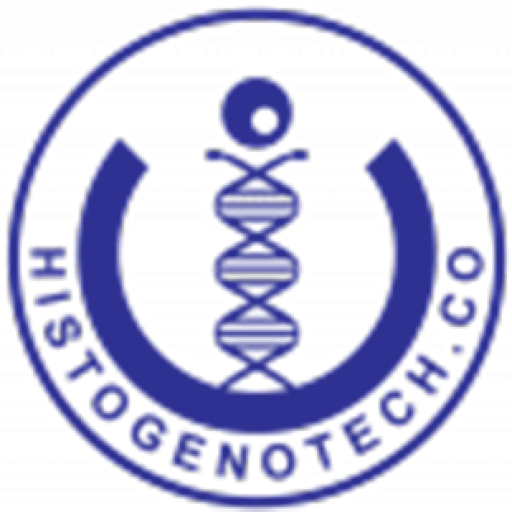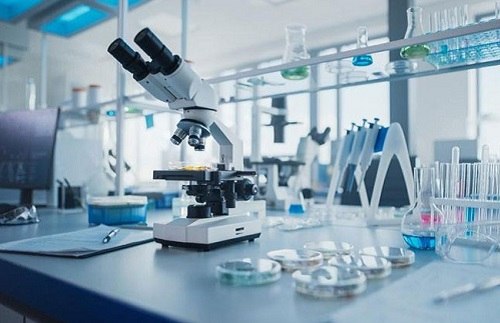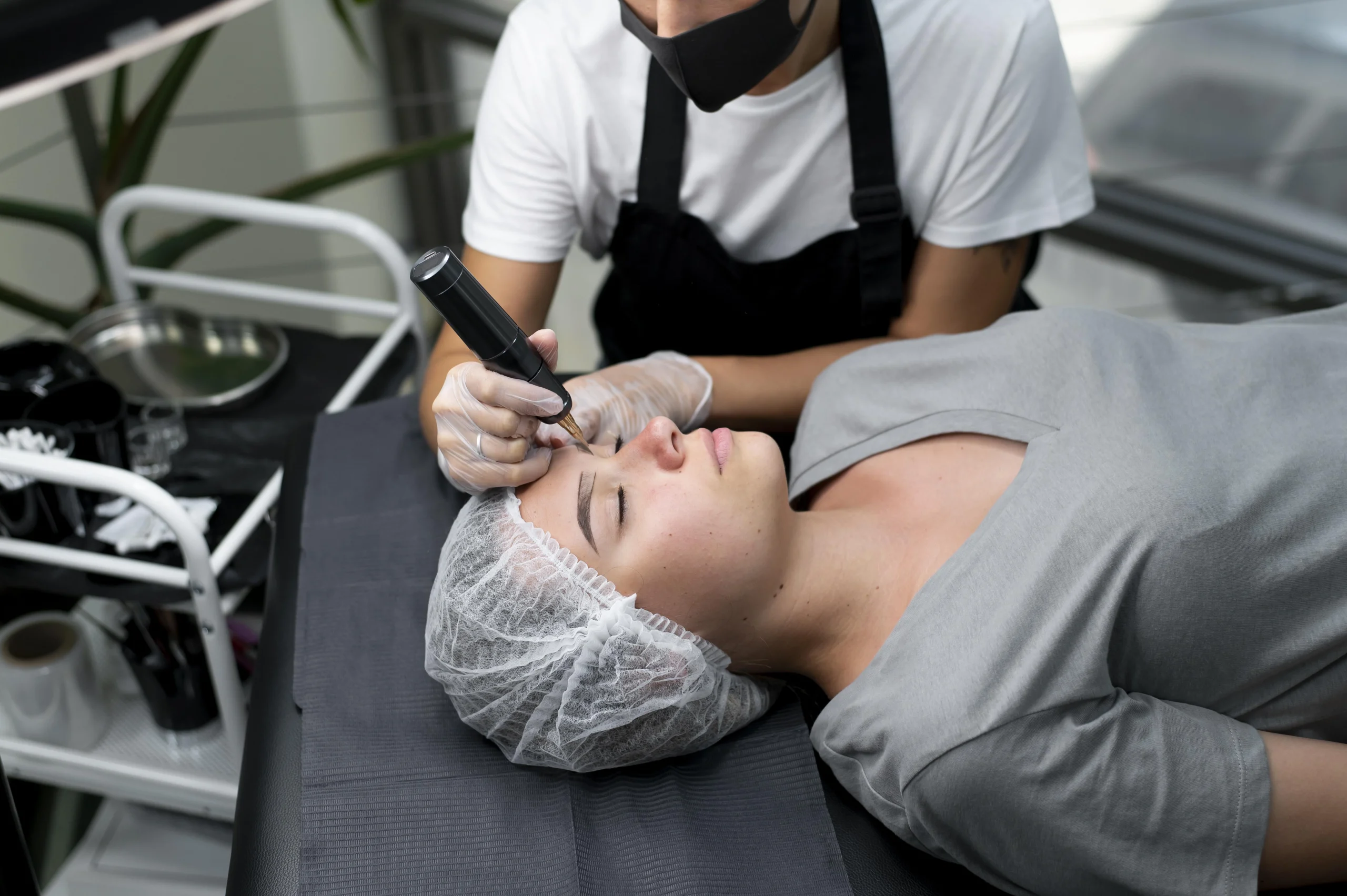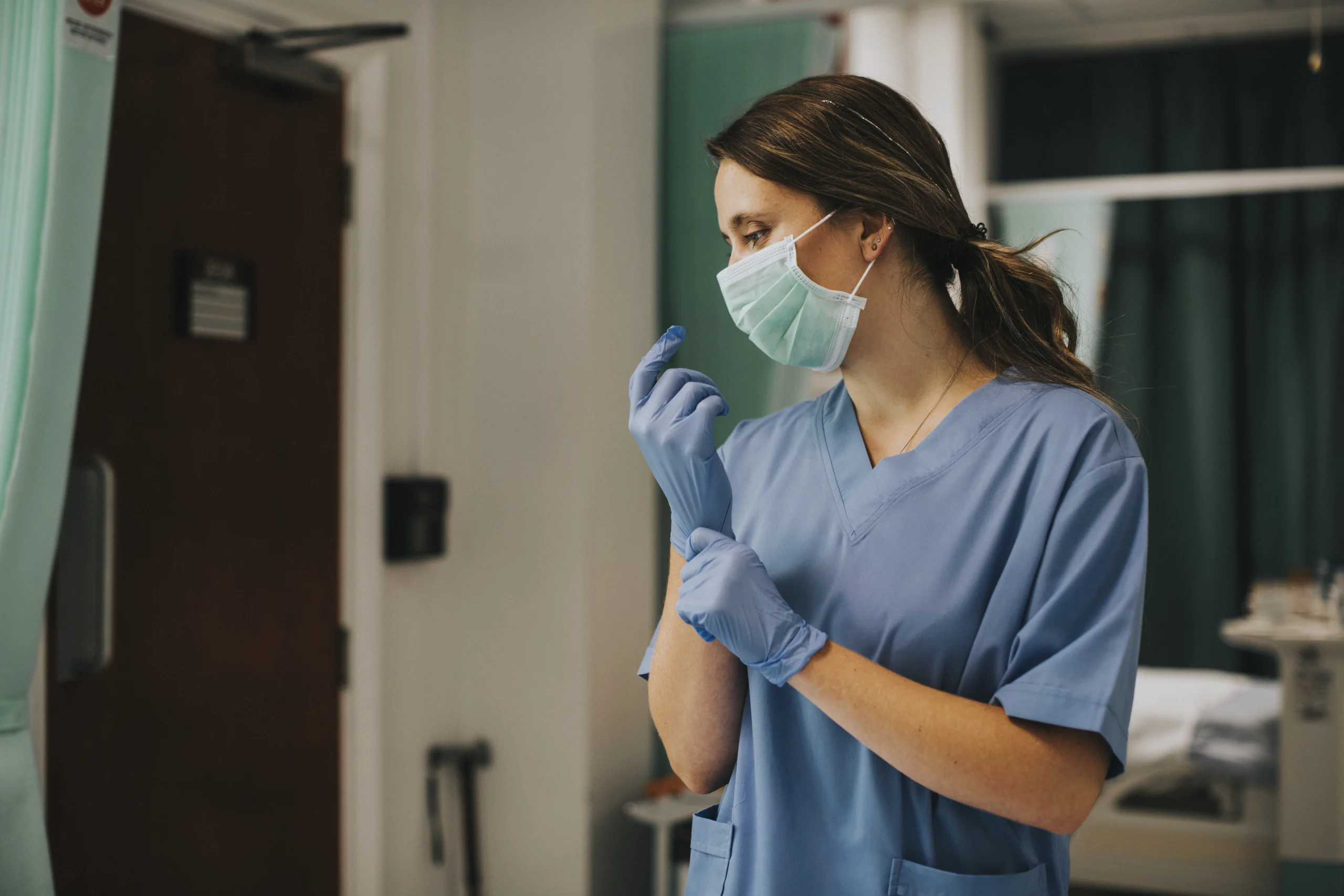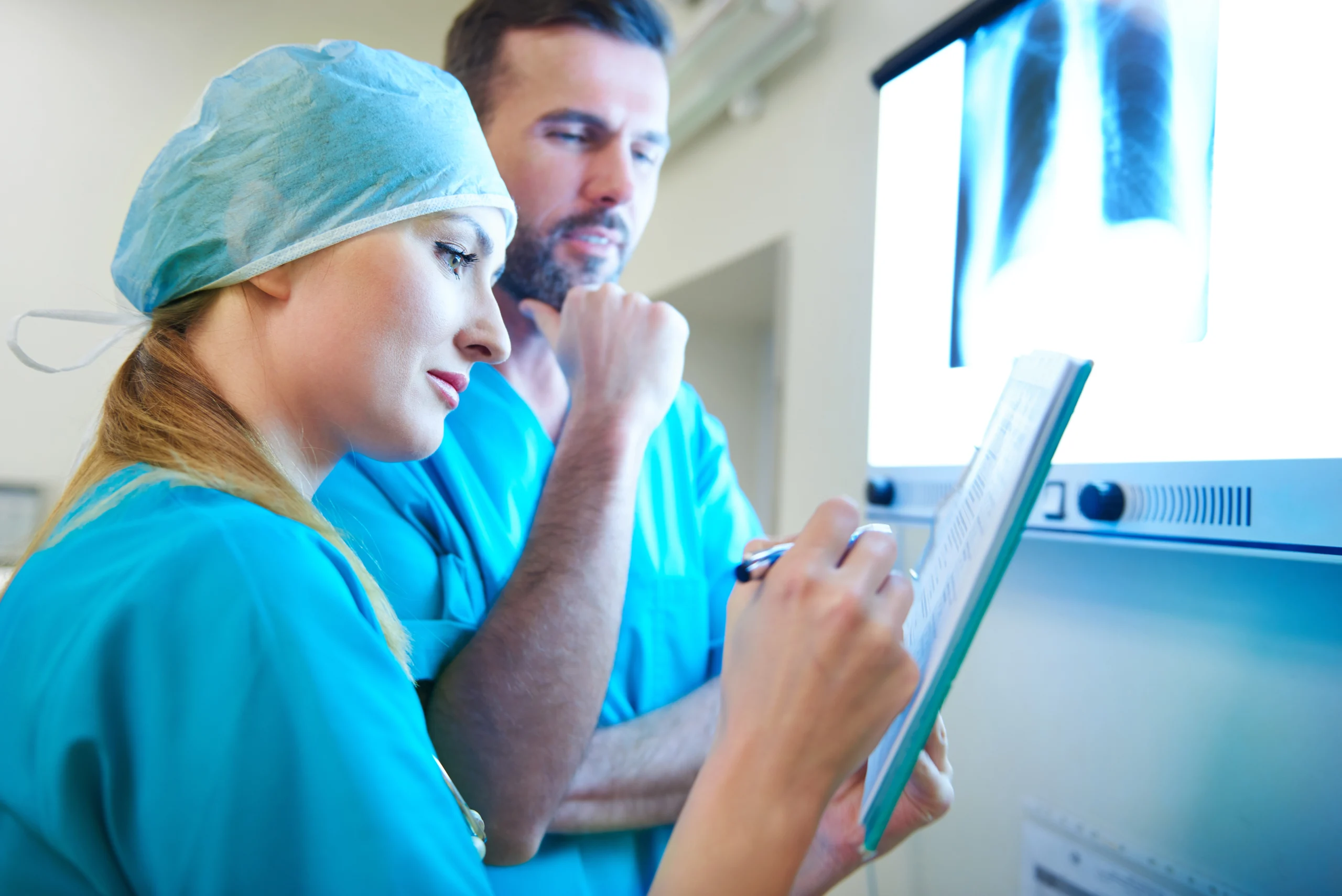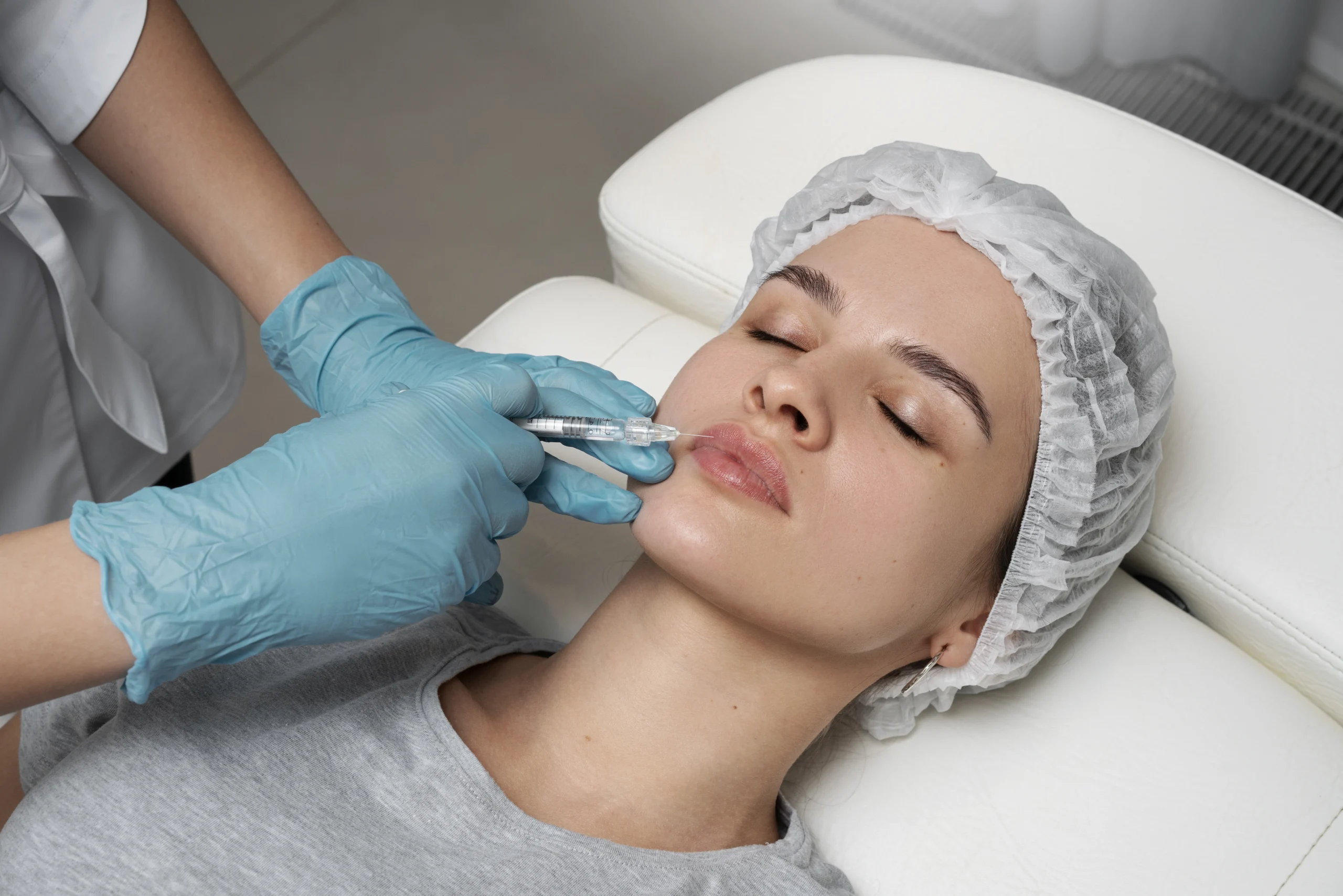Medical Technologists in bacteriology laboratories play a crucial role in delivering high-quality patient care. Each technician must possess extensive knowledge and technical skills to maintain public confidence and commitment through top-notch laboratory services. Research indicates that 60% to 70% of decisions related to patient diagnosis, treatment, hospitalization, and recovery are significantly influenced by the accurate results produced by dedicated medical laboratory scientists.
To achieve excellence in laboratory services, it is imperative that laboratory personnel undergo comprehensive training, education, and hands-on experience. This training is specifically designed to prepare medical microbiology professionals to effectively operate bacteriology laboratories, enhance the quality of microbiological examinations, identify common laboratory errors, and implement corrective actions for any deficiencies. Furthermore, the program aims to keep laboratory professionals updated on the latest microbiological advancements and best laboratory practices.
By prioritizing skill development and knowledge enhancement, Medical Technologists ensure the delivery of reliable and accurate laboratory results, ultimately contributing to improved patient outcomes.
If you are a member of the site, and after choosing the desired course, you can
see all the technical and professional courses held in the selected locations in
the course registration section. You can also read the start and end dates of
classes, the remaining capacity and the details of each course from this
section. You can also click on the "Register" option to enter the registration
and payment page.
After paying the fee and choosing the desired course, they should send the
requested documents, including the photo of their ID card, and go to the main
registration page. The next step is to pay the course registration fee using the
training course code, and finally enter the payment ID in the relevant field.
The applicant's introduction sheet will be sent to the technical and vocational
education center along with the exact address and time of the person's visit,
and the candidate should keep a printout of it until the time of visiting the
school.
Note 1: If the desired course is not visible in the professional technical
portable according to various criteria after the search; Applicants can refer to
the proposed training course request registration system to apply for the
desired training and skill course. After checking the number of people applying
for the requested course, the technical and professional organization, if it has
the conditions for holding a technical and professional training course in the
requested area, can conduct various skill classes specific to the requested
course in different educational centers under its supervision. to hold
Point 2: The experts of the center's counseling system are ready to provide the
candidates with the necessary information related to technical and professional
courses and guide them by telephone through academic advisors. Also, candidates
can talk to our consultants in case of any questions in this field.
Note 3: To obtain a technical and professional skill certificate, students
should refer to the certificate inquiry section and download their technical
certificate from the inquiry section. The validity of technical and vocational
education certificates is different and candidates can apply for the certificate
according to their goals, such as entering the labor market abroad.
- In-Depth Knowledge of Microbiology
Gain comprehensive knowledge of microbial organisms, their characteristics, and their role in human health and disease, equipping you with a strong foundation in microbiological science.
- Hands-On Laboratory Experience
Acquire practical skills through hands-on training in various microbiological techniques, including specimen collection, culture methods, and molecular diagnostics.
- Career Opportunities
Access a growing job market in healthcare, laboratories, and research facilities, as trained microbiology technicians are in high demand across various sectors. Engage with instructors and peers, building a professional network that can lead to job referrals and collaboration in future endeavors.
- Specialization in Medical Diagnostics
Develop specialized skills in medical diagnostics, including the identification of pathogens and understanding disease mechanisms, which are essential for effective patient care.
- Quality Control and Assurance Knowledge
Gain insights into quality control practices in laboratory settings, ensuring accurate and reliable diagnostic results.
- Emerging Technologies and Trends
Stay updated on the latest advancements in microbiology and diagnostic technologies, preparing you for a dynamic and evolving field.
- Interdisciplinary Learning
Gain exposure to related fields such as immunology, epidemiology, and bioinformatics, enhancing your overall understanding of microbiology’s role in healthcare.
- Clinical Laboratories
Hospital Laboratories: Inpatient and outpatient laboratories in hospitals conduct a wide range of microbiological tests for patient diagnosis and treatment.
Private Diagnostic Laboratories: Independent laboratories that provide specialized testing services to healthcare providers and patients.
- Public Health Laboratories
State and Local Health Departments: Facilities that monitor and investigate infectious diseases, outbreaks, and public health trends, often requiring microbiology technicians for testing and surveillance.
- Research Institutions
Academic Research Labs: Universities and colleges with microbiology or biomedical research departments employ technicians to assist in research projects and studies.
Clinical Research Organizations (CROs): Organizations conducting clinical trials may require microbiology technicians to manage investigational drugs and related microbiological tests.
- Pharmaceutical Companies
Quality Control Laboratories: Pharmaceutical manufacturers often need microbiology technicians for quality assurance and control in drug production and testing.
- Veterinary Laboratories
Laboratories that conduct testing for animal diseases and infections require microbiology technicians with expertise in veterinary microbiology.
- Environmental Testing Laboratories
Facilities that test environmental samples for microbial contamination in water, food, and soil, often employing microbiology technicians to conduct analyses.
- Biotechnology Firms
Companies specializing in biotechnological innovations may hire microbiology technicians to support product development and quality assurance.
- Pharmacy Services
Specialty pharmacies and compounding pharmacies that require microbiology technicians to ensure the safety and efficacy of compounded medications.
- Training and Educational Institutions
Schools and colleges offering microbiology or medical laboratory technician programs may require instructors or lab supervisors with expertise in microbiological diagnostics.
The program typically includes coursework in microbiology principles, laboratory techniques, infection control, safety protocols, and practical hands-on training in various microbiological tests and procedures.
Training programs can vary in length, generally lasting from several months to two years, depending on whether it's a certificate or associate degree program.
Most programs require a high school diploma or equivalent, with some prerequisites in biology and chemistry.
Students will gain skills in sample collection and processing, microbial identification, use of laboratory equipment, data analysis, and understanding quality control procedures.
Yes, certification options may include the Medical Laboratory Technician (MLT) credential from the American Society for Clinical Pathology (ASCP) or other regional certifications, which may require passing an exam.
The job outlook is generally positive, with demand expected to grow due to the increasing need for laboratory testing in healthcare and public health settings.
Training often takes place in a combination of classroom settings for theoretical knowledge and laboratory settings for practical, hands-on experience.
Yes, hands-on training is a critical component, allowing students to practice techniques and procedures under the supervision of qualified instructors.
Students are typically evaluated through a combination of practical exams, laboratory reports, quizzes, and theoretical exams to assess their understanding of course material.
Many programs offer internship or clinical placement opportunities, allowing students to gain real-world experience in a laboratory setting.
Graduates can pursue further education in microbiology, medical technology, or related fields, potentially leading to advanced degrees or specialized certifications.
Yes, with additional education and experience, you can specialize in areas such as clinical microbiology, environmental microbiology, or molecular diagnostics.
Costs vary by institution, program length, and location. Tuition can range from a few thousand to tens of thousands of dollars, excluding materials and fees.
Yes, students may qualify for financial aid, scholarships, or grants through federal programs, state assistance, or institutional awards.
Important qualities include attention to detail, strong analytical skills, good communication, teamwork, and a commitment to maintaining safety and hygiene standards in the lab.
